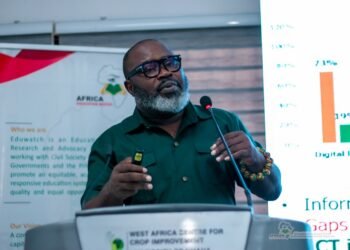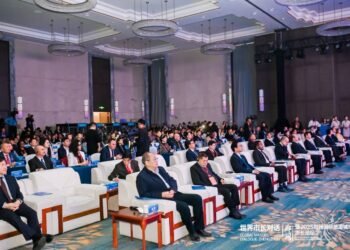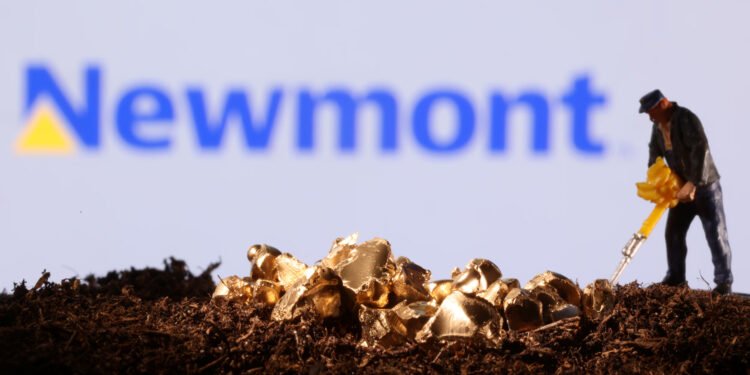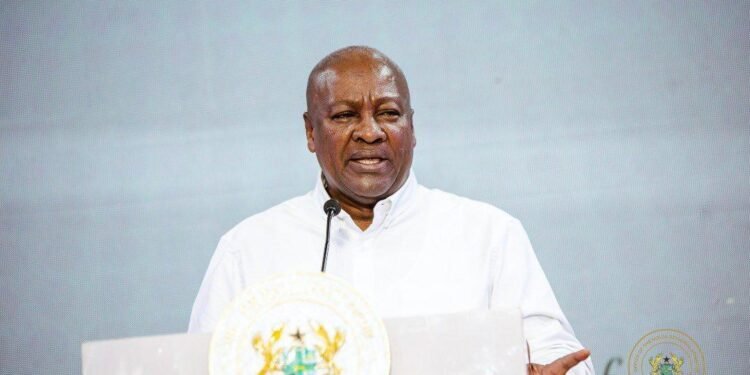Chief Executive Officer for the Chamber of Aquaculture Ghana, Jacob Adzikah, has expressed the need for government to invest into the aquaculture sector in the country.
According to him, the sector has many opportunities when harnessed, will be beneficial to the country. He revealed that the Ghana Statistical Service data on food inflation which recorded some 60% hikes in fish products can be avoided with a keener focus on the aquaculture sector.
“Going forward is for the government to increase investment into the aquaculture sector. You know, we need some good investments in infrastructure, research and new breeding programs. If we are able to do these three, I can assure you that the quantity of fish that is within the aquaculture sector will go up drastically, because we have one of the best ecosystem at the moment…”
Jacob Adzikah
Commenting on the hikes in fish prices, Mr Adzikah indicated that he is not really surprised fish prices are going up. He explained that at the moment, it appears the scenario the country is confronted with is due to the closed season in the fishing industry.
Additionally, Mr Adzikah noted that Ghana has three main source of fish which includes the marine, inland and aquaculture source, and at the moment, marine source contributes the largest volume of fish that people consume in Ghana.
“As the closed season is going on, it means that we have less quantities available on the market for consumers. So, definitely, we should expect prices of fish product to go up in July and maybe August as well until the closed season is over…”
Jacob Adzikah
Addressing aquaculture sector challenges
In light of this, the CEO of the Chamber of Aquaculture highlighted that the closed season makes aquaculture a more preferred alternative. However, he revealed that unfortunately for the aquaculture sector, more work needs to be done because government is not investing a lot into the sector.
“As you are aware, this is a sector that is getting less attention, when compared to the attention that is given to the fisheries sector. With the fisheries sector, they enjoy a lot of subsidies or incentives. Unfortunately for the aquaculture sector, we are not seeing this. As a result of that, the volume of fish that will be coming from the aquaculture sector is not that great as we expect.
Jacob Adzikah
Earlier this year, Mr Adzikah lamented the increasing cost of fish feed and materials in the market. He revealed that the cost of fish feed went up by about 200%.
Additionally, he noted that the rising cost of ingredients such as maize and soya beans have resulted in the sector relying heavily on imports to produce feed for their fishes. The high cost of feed, he explained, accounts for the rising price of fish.
Mr. Adzikah revealed that many fish farms are closing down as a result of the high cost of production, which is equally leading to job losses in the aquaculture industry. To this end, he called on the government to consider tax waivers and research to enable players in the sector to discover new ingredients for fish feed production, among others.
As it stands, Ghana’s new Aquaculture Development Plan aims to increase the country’s fish farming output from 89,376 tonnes in 2021 to 211,697 tonnes by the end of 2027 – an increase of 136 percent.
The new plan replaces GNADP 2012-2016, under which Ghana’s aquaculture production surged from under 19,000 tonnes in 2016 to 57,000 tonnes in 2017 – an increase that largely took place through the growth of cage farming on Lake Volta.
The new plan also targets an increase in the market share of commercially farmed fish from 14% in 2021 to 25% in 2027.
READ ALSO: IGP Was Handpicked For The Position On Grounds Of Proven Loyalty To Government- Amidu






















